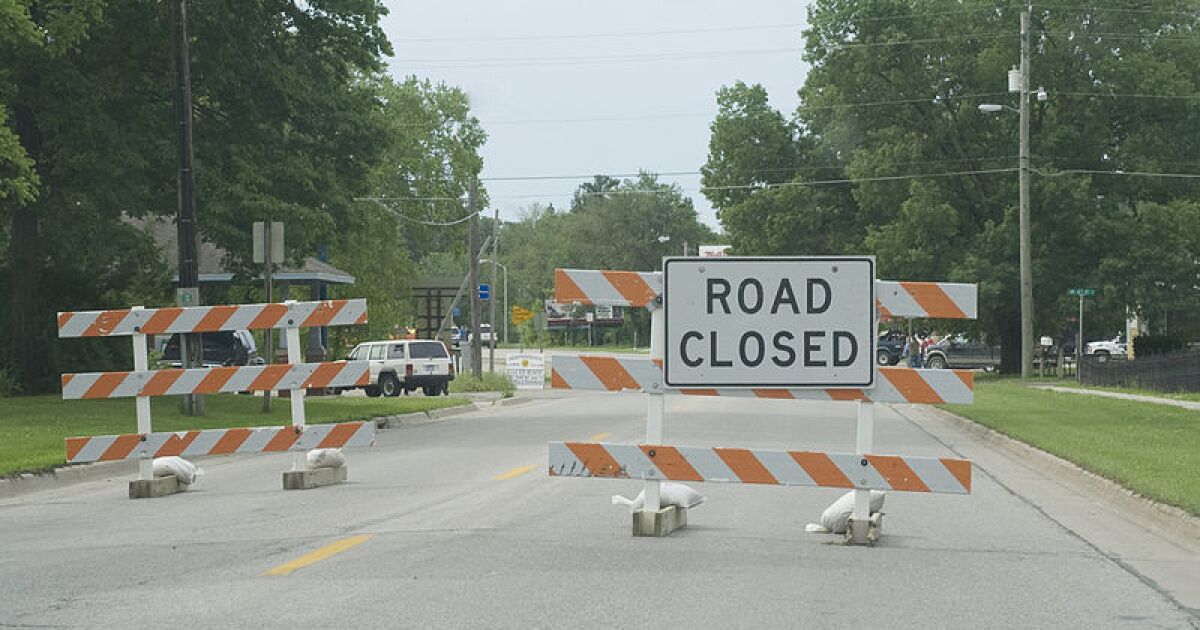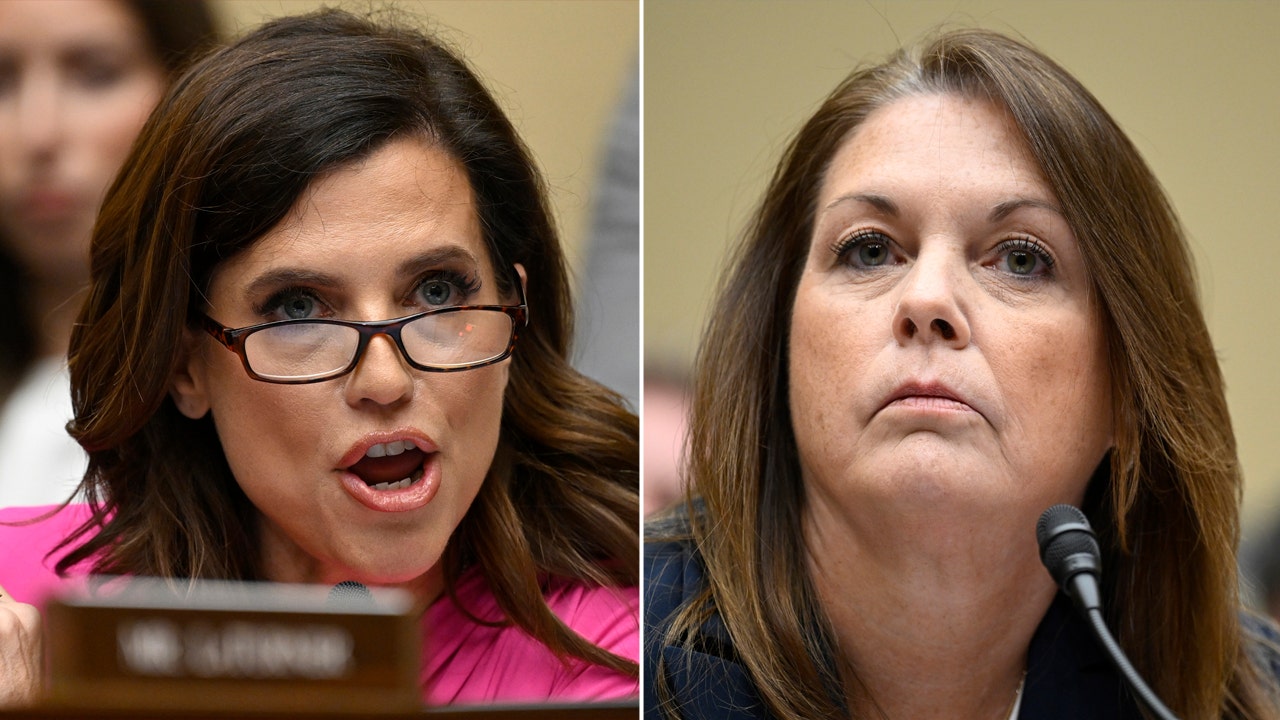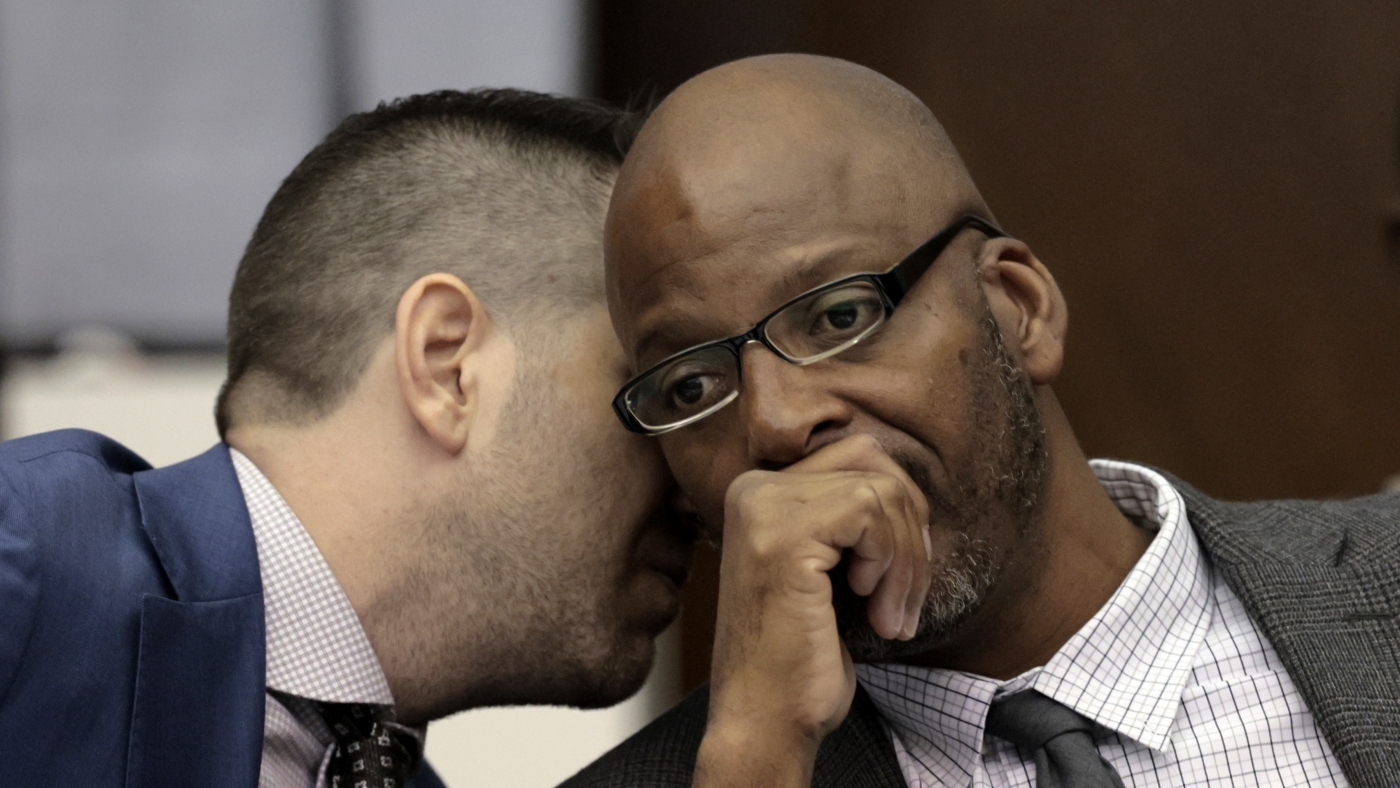North Dakota
Cattle anthrax outbreak raises concerns for ranchers

HETTINGER COUNTY, ND — The North Dakota Department of Agriculture has confirmed three anthrax cases in beef cattle in southwest North Dakota, according to a report released Aug. 17. Two of the cases have been confirmed in Hettinger, with one additional case in Adams County.
The report detailed 37 cattle killed by the infectious disease, with estimates of the origins of the outbreak beginning in Grant County sometime in the beginning of August. The cases have since spread to the neighboring counties, highlighting what the Department of Agriculture says is an immediate need for awareness and preventative measures.
Anthrax, a bacterial infection, is associated with sudden and often fatal outcomes in cattle and other warm-blooded animals, including humans. This worldwide issue caught the attention of experts due to its potentially devastating impact on livestock and agriculture. One of the significant concerns surrounding anthrax is its resilience in the environment. The bacteria, known as Bacillus anthracis, can survive in surface soil for up to five years and even longer if buried deeper. Soil type plays a role in determining the longevity of the bacteria.
The vulnerability of cattle, bison and sheep to anthrax creates a challenging situation for North Dakota, a state known for its significant beef cattle population, totaling around 1.85 million. In fact, according to the North Dakota Department of Agriculture, there are nearly 2.5 cattle for every person in the state — with the numbers increasing in the rural southwestern portion of the state.
Contributed / North Dakota Department of Agriculture
To address the ongoing anthrax outbreak, experts emphasize a few critical recommendations.
While each county can address the concerns in its own unique approach, some general guidelines can help mitigate the risks associated with the disease. The Dickinson Press contacted Hettinger County for insights into their recommended measures.
According to Dr. Ethan Andress, the State Veterinarian, the county’s response underscores what they see as the importance of vaccination, noting its effective preventive measure. Vaccines are not only accessible, but affordable, costing ranchers approximately $1 per dose.
It is important to note that the vaccine does require 5-10 days to become fully effective, and its immunity is expected to last about six months. As a result, revaccination protocols are necessary. Ranchers are advised to consult with veterinarians to determine appropriate vaccination protocols and availability that align best with their specific circumstances.
Beyond vaccination, fly control measures are strongly recommended due to the role of biting flies in spreading anthrax. Implementing various modes of action for fly control can help reduce the risk of transmission. The primary means of transmission of anthrax is through consumption, infected blood or inhalation of spores in dirt and dust.
Andress highlighted the collaborative process between those raising livestock and the local veterinarians in responding to anthrax cases.
“Generally, what we’re seeing is when we people come out and find an animal that has passed, they contact their veterinarian, and then based on what the veterinarian sees, they’ll make decisions on whether they want to get in and vaccinate that group right away or wait for the results,” Andress said. “Sometimes they end up using antibiotics as well if there’s an active infection going on in the pasture. The vaccination and antibiotics will be coordinated with them and their veterinarians.”
Ranchers are urged to contact their veterinarian and the North Dakota Department of Agriculture’s Division of Animal Health in the event they suspect anthrax in their livestock. In such instances they are asked to obtain and submit a blood sample for testing.
It’s important to note that performing autopsies or cutting open deceased animals should be strictly avoided, as such actions can lead to the spread of anthrax spores. This caution extends to any instances of animal loss.
The process of handling an anthrax-infected carcass is complicated. Proper disposal and disinfection are essential to preventing further contamination and spread. Ideally, incineration is the preferred method of carcass destruction. If incineration isn’t feasible, burying the carcass at a depth of at least six feet is considered an acceptable alternative — but it is important to note water tables in the area as to avoid contaminating subsurface water.
Andress also highlighted the evolving practices in carcass disposal, noting that due to changes in rules governing pollution, burying carcasses should only be done if no other option is available.
Maintaining the confidentiality of affected farms remains a priority, and all farms currently grappling with anthrax cases have opted to remain anonymous. Despite this, vigilance is critical, and ranchers are strongly encouraged to seek veterinary assistance promptly if any suspicious symptoms arise.
For more information about Anthrax, or to address concerns in livestock, contact the state veterinarian with the North Dakota Department of Agriculture at 701-328-2655, or visit their website at www.ndda.nd.gov.

CONTRIBUTED / NDSU EXTENSION
Manny is a journalist with a diverse background in communications. Born and raised in El Paso, Texas, he earned his degree in the DFW area before venturing to New York City. There he worked as an ethnic media reporter, covering local issues and immigration news. A long history of dedication to sensitive reporting, Manny’s journalistic journey has led him to Dickinson where he takes on the role of a hard news reporter.

North Dakota
South Dakota Democratic delegates unanimously endorse Harris as presidential pick • South Dakota Searchlight

The South Dakota delegates to the Democratic National Convention met virtually Monday night and voted unanimously to endorse Vice President Kamala Harris as their nominee in the 2024 presidential race.
South Dakota Democrats hopeful, not yet ready to endorse Harris as presidential nominee
In voting to endorse Harris, South Dakota Democrats fell in line with other state and national Democratic leaders who quickly followed the lead from President Joe Biden, who dropped out of the 2024 race via social media Sunday afternoon and endorsed Harris as his successor shortly thereafter.
Democrats in Nebraska, Maryland, Florida, New Hampshire, Alabama, North Carolina and Virginia were among the states where Democrats backed Harris as of Monday evening.
Harris has also picked up endorsements from key leaders at the national level. California Gov. Gavin Newsom, mentioned as a possible Democratic contender himself, endorsed Harris quickly on Sunday. Former House Speaker Nancy Pelosi endorsed Harris Monday. Senate Majority Leader Chuck Schumer and House Minority Leader Hakeem Jeffries had not endorsed Harris as of Monday evening, but Jeffries said earlier in the day that Harris had “excited the House Democratic Caucus and she’s exciting the country.”
Late Monday evening, the New York Times, CNN and other national media organizations reported that Harris had secured the backing of more than the 1,976 delegates needed to win the nomination in the first round of voting at the Democratic National Convention in Chicago next month. The news came by way of a poll from The Associated Press, which broke the story.
The poll listed 2,668 delegates pledged to Harris and 54 undecided as of 10 p.m. CST Monday.
The Democratic National Committee will move forward with the process to formally nominate a presidential candidate Wednesday when its Rules Committee meets in a public virtual session amid ongoing efforts to set up a virtual roll call vote ahead of the convention next month in Chicago, according to reporting from States Newsroom.
South Dakota Democrats backed Biden with around 75% of the vote in the state’s June 4 primary. In a news release, the South Dakota Democratic Party announced that its 20 voting delegates to the August convention had voted unanimously to back Harris.
“We thank President Biden for his leadership throughout his career and for choosing Kamala Harris four years ago to be his Vice President,” said Delegate Chair Jessica Meyers. “Harris has proven that she is more than equipped to take on the Presidency and we as a delegation are looking forward to casting the official vote for her.”
GET THE MORNING HEADLINES DELIVERED TO YOUR INBOX
North Dakota
Tuesday is Military Appreciation Day at the ND State Fair

MINOT, N.D. (KMOT) – This is a reminder for servicemembers and their families that the North Dakota State Fair is continuing its long-standing tradition of honoring those who serve with a special Military Appreciation Day on Tuesday.
Military members and their families can enjoy lunch from 11 a.m. until 1 p.m. at the north festival tent.
The event is sponsored by the N.D. Beef Commission, N.D. Stockmen’s Association, and N.D. CattleWomen.
They can also enjoy free carnival rides from 1 p.m. to 3 p.m., half-off unlimited ride wristbands, and $2 off go-cart rides.
Copyright 2024 KFYR. All rights reserved.
North Dakota
Applications now available for 2024 North Dakota swan license

BISMARCK – Hunters can now apply for a 2024 North Dakota swan license
on the Game and Fish Department’s website
at gf.nd.gov, the department said Monday, July 22.
North Dakota residents and nonresidents are eligible to apply. The resident swan license is $10, while the nonresident fee is $30. The application deadline is Aug. 21.
North Dakota’s statewide tundra swan hunting season opens Sept. 28, and 2,200 licenses are available. Successful applicants will receive a tag to take one swan during the season. Since swans are classified as waterfowl, nonresidents may hunt them only during the period their nonresident waterfowl license is valid.
All swan hunters, regardless of age, are required to have a general game and habitat license when applying. In addition, nonresidents must have a waterfowl license, and residents 16 and older need a small game or combination license.
-
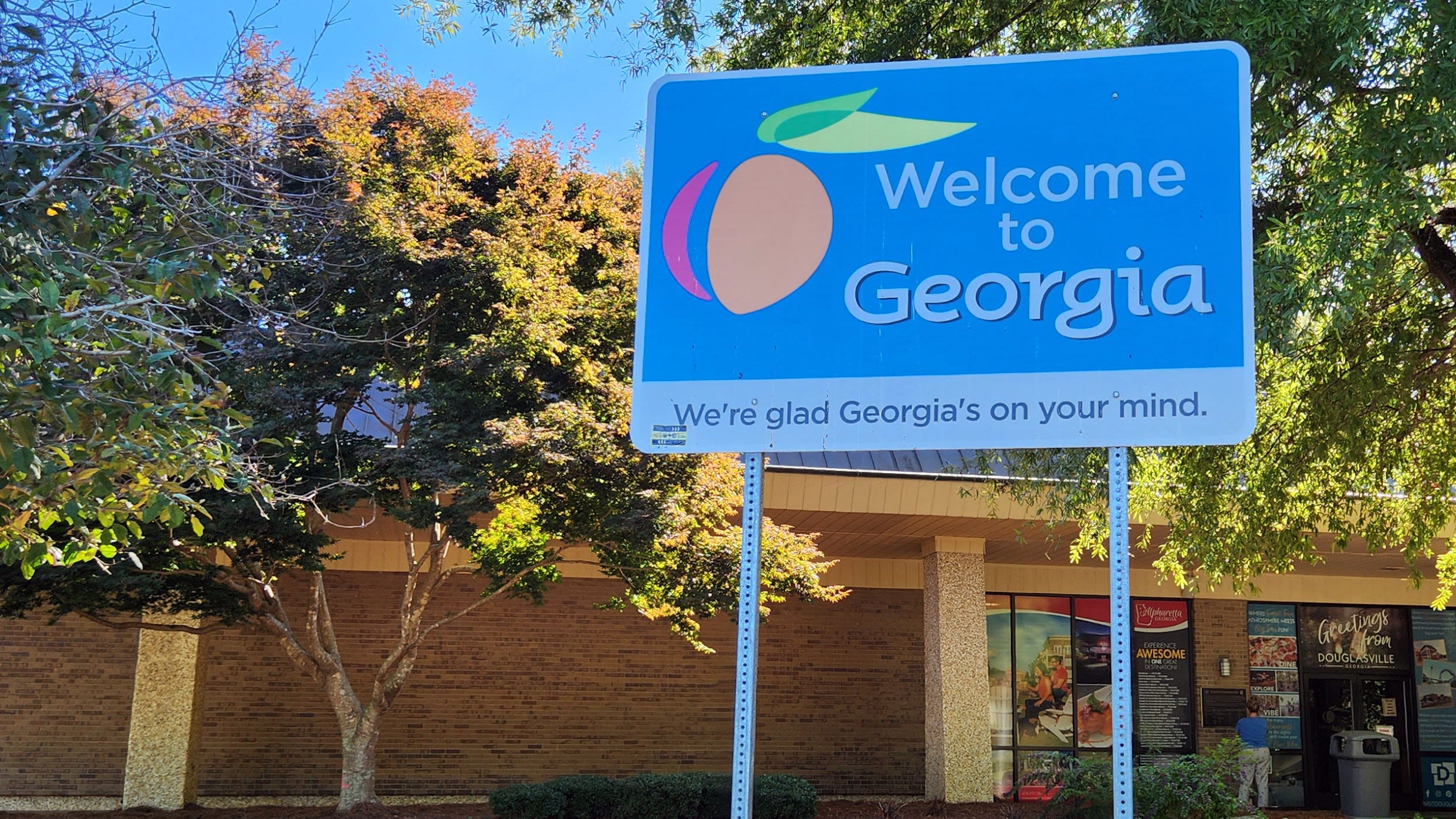
 Politics1 week ago
Politics1 week agoTwo key states to see massive GOP voter registration operation
-

 News1 week ago
News1 week agoWhy the next president's judicial appointments will impact climate action
-

 News6 days ago
News6 days agoIn Milwaukee, Black Voters Struggle to Find a Home With Either Party
-

 News1 week ago
News1 week agoVideo: Biden Asks America to ‘Lower the Temperature’
-
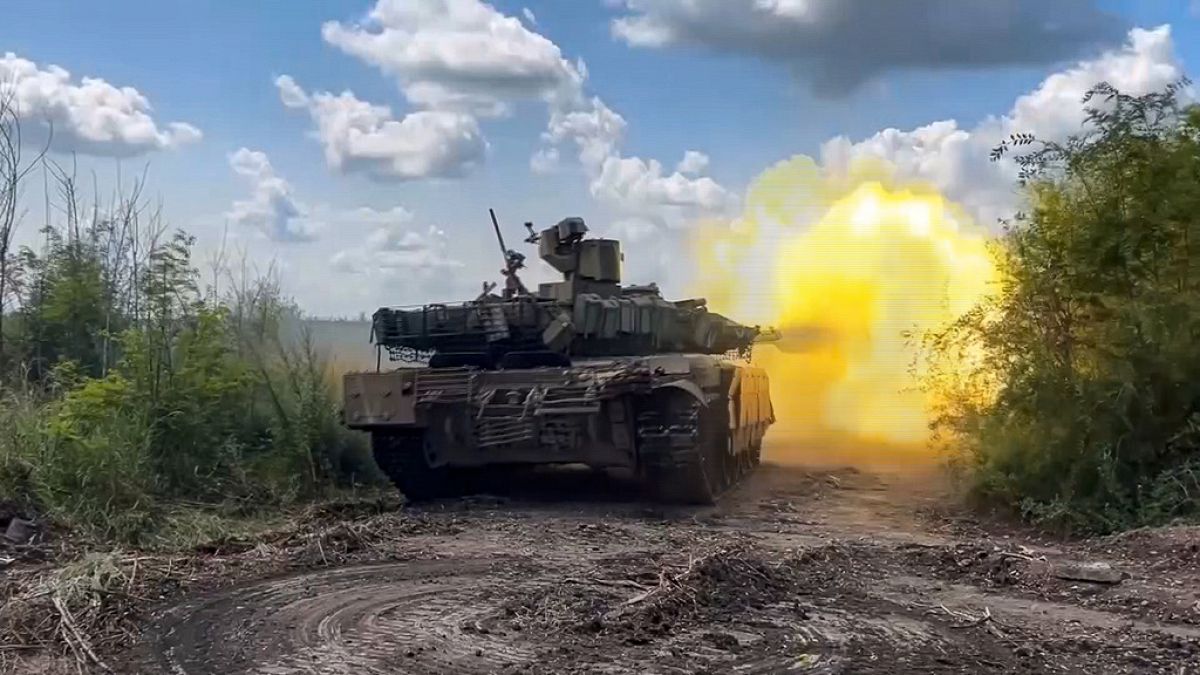
 World1 week ago
World1 week agoUkraine: shelling in Kherson leaves at least two people dead
-

 News4 days ago
News4 days agoVideo: Young Republicans on Why Their Party Isn’t Reaching Gen Z (And What They Can Do About It)
-

 Politics1 week ago
Politics1 week agoBiden tells Michigan crowd he's 'not going anywhere' amid chants of 'don't you quit'
-

 World3 days ago
World3 days agoFreshers' week in Strasbourg for new EU lawmakers

